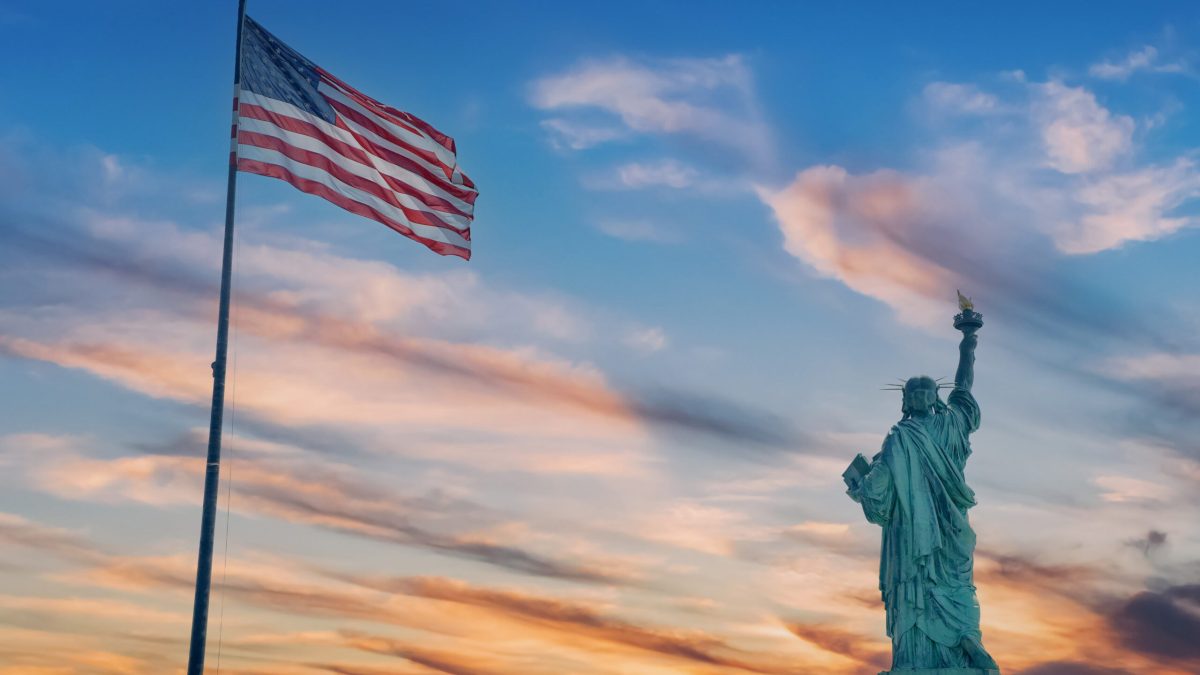The Biden administration is set to block imports from 29 Chinese companies over alleged connections to forced labour in China’s Xinjiang region.
This move marks the largest expansion yet of the Uyghur Forced Labor Prevention Act (UFLPA) blacklist, which aims to address human rights concerns and unfair trade practices.
The additions bring the total number of entities on the blacklist to over 100, covering sectors such as agriculture, mining, and metals.
Goods from these companies will be presumptively barred from entering the US unless importers can prove they are not linked to forced labour.
Xinjiang and the UFLPA enforcement
Xinjiang, a key production hub for cotton, tomatoes, and solar panel components, has been at the center of the US crackdown on forced labour.
The UFLPA, signed into law in 2021 and enforced since 2022, has become a cornerstone of the Biden administration’s trade policy with China.
Homeland Security Secretary Alejandro Mayorkas emphasized the administration’s commitment to holding organizations accountable for human rights abuses.
“Our enforcement efforts have never been stronger,” he stated.
Since the law took effect, approximately $3.66 billion worth of shipments have been blocked or delayed, according to US Customs and Border Protection.
Many businesses have been forced to reevaluate their supply chains to comply with the legislation.
China has repeatedly denied allegations of human rights abuses in Xinjiang, labelling the UFLPA as interference in its internal affairs.
Impact on key industries
The newly added companies predominantly operate in agriculture but include businesses involved in mining and smelting metals such as aluminum and lithium.
These industries play critical roles in global supply chains, particularly for renewable energy technologies.
By intensifying enforcement, the US aims to prevent goods linked to forced labour from entering its markets.
However, this could strain supply chains and increase scrutiny on businesses with links to the region.
Critics argue that the administration should further expand the blacklist and enforce stricter measures.
Mayorkas defended the current approach, stating, “We’ve made incredible strides in investigative capabilities and are increasingly leveraging technology to identify problematic suppliers.”
Political and global implications
Friday’s action reflects bipartisan support for addressing forced labour concerns.
The UFLPA, passed with near-unanimous Congressional approval, has driven the US to take a hardline stance against human rights abuses while complicating trade relations with China.
Senator Marco Rubio, one of the bill’s sponsors, has urged tougher enforcement, echoing calls from other lawmakers for more aggressive measures.
The latest additions to the blacklist may be one of the final major actions under the Biden administration’s current enforcement framework.
Outlook for businesses and global trade
The enforcement of the UFLPA is pushing companies to enhance supply chain transparency or risk having shipments denied entry into the US.
The use of advanced technology to trace goods back to their origins could become a standard practice for compliance.
As tensions between the US and China remain high, the blacklist expansion underscores the complexities of balancing human rights concerns with economic and trade policies.
The post US set to blacklist 29 more Chinese companies, here’s why appeared first on Invezz

